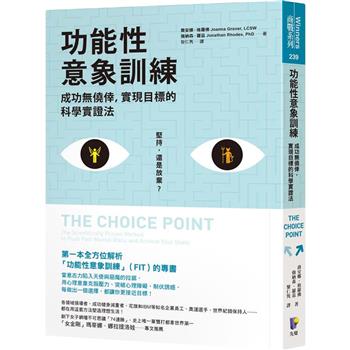Numerous books have been written on the art of directing from the classical to contemporary times. Many of these works have concentrated on different facets of the discipline of directing such as the definition, history, and development of directing, as well as the qualities, functions, and types of directors. However, areas of directing that have not received much scholarly attention include works that serve as manuals for budding directors and studies that reflect the theory and practice of directing in Africa, especially from Nigerian theatre practitioners.
While studies on directing, such as Wainstein’s ’Stage Directing: A Director’s Itinerary’ (2012), Dean and Carra’s ’Fundamentals of Play Directing’ (2009), and Johnson’s ’Visions Towards a Mission: The Art of Interpretative Directing’ (2003), provide general insights on the art of directing plays, Emasealu’s ’The Theatre of Ola Rotimi: Production and Performance Dynamics’ (2010) and Uwatt’s ’Playwriting and Directing in Nigeria: Interviews with Ola Rotimi’ (2004), document the directorial practice of the Nigerian director, Ola Rotimi. Aside from documenting the directing techniques of key Western directors, this book’s advantage over existing works is that it documents the directorial styles of Ola Rotimi and other West African directors, as well as the directorial techniques of directors from South, North, and East Africa. It also traces the evolution of the theatre stage, examines the directorial implications of the arena, proscenium, thrust, traverse and African traditional theatre stage orientations, and engages the notions of blocking, movement, directorial concept and directorial approach.
In particular, this book aspires to contribute to the discourse on play directing with perspectives from African theatre. It also fills gaps in previous studies by delving into the notions of theatre and directing, the director’s history, qualities, and tools. It examines types of directors, functions of the director, directing principles, and key Western and African theories of performance. It also evaluates the history of the theatre stage, the characteristics, benefits and drawbacks, and directorial implications of the arena stage, proscenium stage, thrust stage, traverse stage, African traditional theatre stage, the use of blocking, movement, and the meaning of directorial concept and directorial approach.












